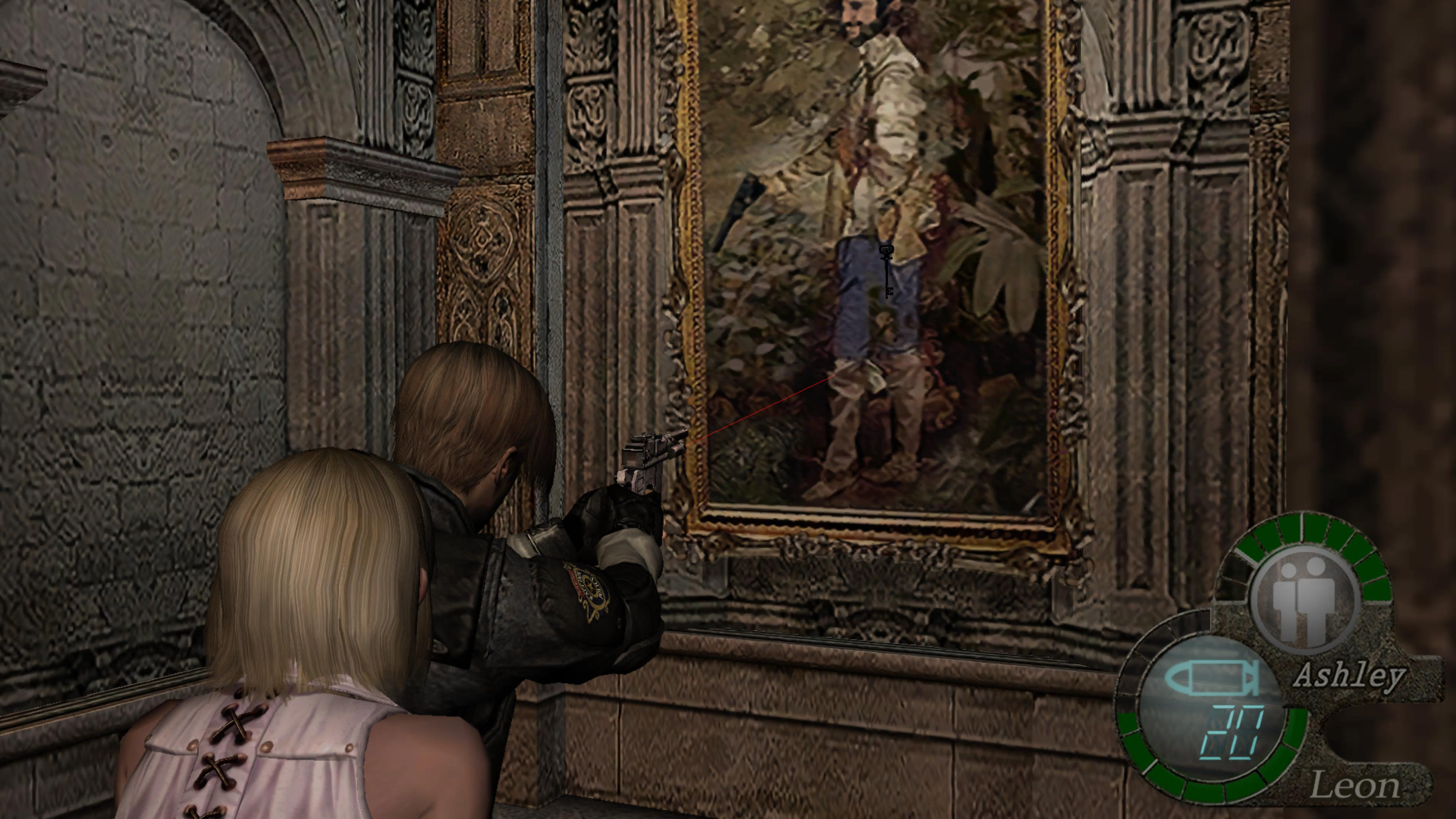

They are having one of those classic marital tiffs that arise when she chainsaws your hand off, you cure her of a condition that defies medical science, you both battle a family of superpowered freaks, have a child, and move halfway across the world to live a clandestine life in a landscape of biting snow. We find him in a cosy house somewhere in Romania, with his wife, Mia, and their baby, Rose. “It’s been three years since everything that happened at the Baker house,” says Ethan Winters, recapping, in a weary voice-over, the events of Resident Evil 7: Biohazard. And as with that game, the story starts with a sigh. The progenitor of the new game is Resident Evil 4, which came out in 2005 and shook the series to its foundations, infecting just about every third-person shooter since.Īs with that game, you begin in a village, shift to a castle, and end up in an industrial nightmare. Whenever the formula grows crusty, it is injected-usually with a swarm of new creatures and a fresh camera angle.

One of Freud’s hairier case histories is that of the “Wolf Man,” whom he describes in From the History of an Infantile Neurosis: “The patient with whom I am here concerned remained for a long time unassailably entrenched behind an attitude of obliging apathy.” That sounds, to me, like a pretty good diagnosis of the Resident Evil series, which slides, once in a blue moon, from obliging apathy to howling audacity. On the other hand, how did we get from viral outbreaks and zombies-Romero Country, in other words-to this, a different kind of lunacy altogether? In one sense, the image is purest Resident Evil: the ordinary is mutated into the outlandish, but the outlandish is rooted in the recognisable, and we arrive at the uncanny. There, in one of the creepiest spectacles I have seen in a long while, they simply watch-a steady yellow glare through a plume of steamed breath. In the middle of the day, they find themselves furnished with matted pelt and squatting on the rooftops in packs. Now we have Resident Evil Village, which bristles with decent, rural souls (the hard-bitten sort, used to living off cruel soil) who undergo a change. Back in February, we got Werewolf: The Apocalypse-Earthblood, whose title, with its elongating colon and rupturing dash, evokes the painful creak of transformation. It has not been a bad year for werewolves.


 0 kommentar(er)
0 kommentar(er)
